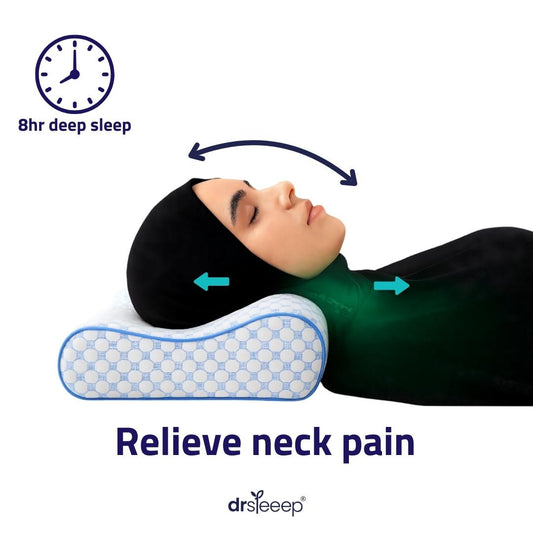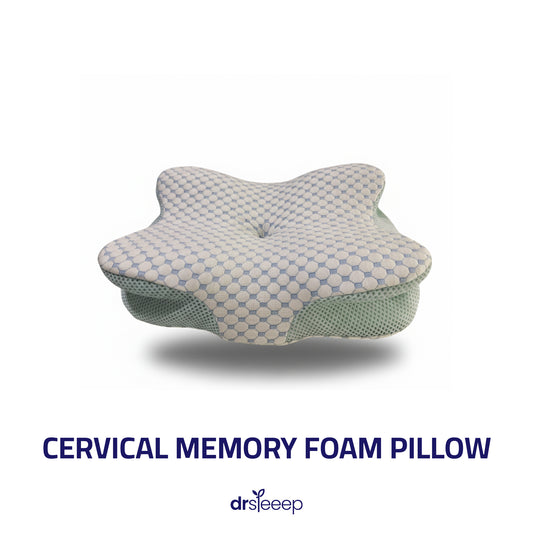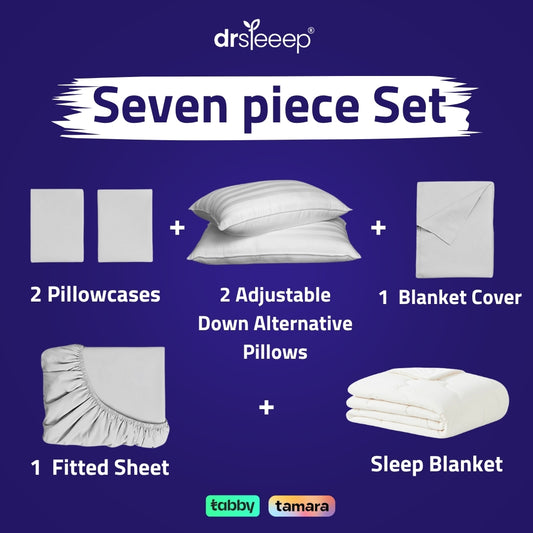How to Maintain Quality Sleep: Learn from Cristiano Ronaldo

- Why Maintain Your Sleep Like Cristiano Ronaldo?
- The Biggest Secret: Goodbye to the 8-Hour Myth!
- How to Maintain Quality Sleep by Creating the Perfect Environment: Ronaldo's Guide
- The Don's Nap: An Essential Part of Recovery
- How to Apply "Ronaldo's Philosophy" in Your Daily Life (Practical Steps)
- Frequently asked questions (FAQs)
Have you ever wondered how a legendary athlete like Cristiano Ronaldo maintains his superhuman physical fitness as he approaches his forties? But have you ever asked yourself how he maintains the quality of his sleep with the same precision he manages his career? The answer lies not just in the gym or on his protein-filled plate, but in a secret weapon we often overlook: sleep.
But Ronaldo doesn't sleep like the rest of us. He has transformed sleep from a random biological process into a precise science, giving him an edge over his competitors. In this article, we will dive deep into his philosophy to reveal his secrets and provide you with a practical guide that answers your fundamental question: how do you maintain quality sleep to reach your full potential?
Why Maintain Your Sleep Like Cristiano Ronaldo?
When we talk about peak human performance, Cristiano Ronaldo's name stands out as the gold standard. His diet, training, and mindset are all well-documented. But the most revolutionary aspect of his regimen is his approach to rest and recovery, designed by renowned sleep expert Nick Littlehales, who has worked with top football clubs and Olympic athletes.
Ronaldo's success is built on a deep understanding that recovery is just as important as the training itself. Therefore, when seeking a real, proven answer to "how to maintain quality sleep," studying the case of someone who has turned rest into an applied science is the best possible place to start.
The Biggest Secret: Goodbye to the 8-Hour Myth!
The first surprise in Ronaldo's sleep regimen is his complete rejection of the idea of sleeping for 8 continuous hours. This may seem strange, but the science behind it is perfectly logical. Nick Littlehales's philosophy, known as the "R90 Protocol," focuses not on the number of hours, but on the number of sleep cycles.
What is a sleep cycle?
During sleep, our brain goes through repeated cycles, each lasting about 90 minutes. Waking up in the middle of one of these cycles leaves you feeling groggy and tired. In contrast, waking up at the end of a cycle makes you feel refreshed. This is the scientific core of how to maintain quality sleep: aligning with your body's natural rhythm, not forcing it into an artificial schedule.
How does Ronaldo apply this?
Instead of sleeping for 8 hours at once, Ronaldo aims to complete five 90-minute sleep cycles over a 24-hour period. This is divided between nighttime sleep and strategic naps during the day, giving his body multiple recovery periods.
How to Maintain Quality Sleep by Creating the Perfect Environment: Ronaldo's Guide
Understanding how to maintain quality sleep is incomplete without mastering the art of preparing your bedroom. These are scientific necessities for improving sleep quality. Here are the key factors that Ronaldo applies, and you can too:
- The Ideal Temperature: Your bedroom should be slightly cool, around 18°C (65°F). A drop in body temperature helps the brain enter a deeper state of sleep.
- Total Darkness: Any light can disrupt the production of melatonin, the hormone responsible for sleep. Use blackout curtains and eliminate all sources of artificial light.
- Goodbye to Technology: This is the golden rule. Ronaldo stops using any screens (phone, TV) at least 90 minutes before his bedtime. The blue light they emit tricks the brain and prevents feelings of drowsiness.
- Mattress and Bedding: Use a comfortable, supportive mattress and clean, fresh linens. A clean sleeping environment promotes a sense of comfort and relaxation.
- Sleeping Position: Experts recommend the fetal position (sleeping on your side with your knees bent), as it is believed to be the most natural position for the body and nervous system to relax.
Discover: The Best Pillow For Neck Pain: A Comprehensive Guide
The Don's Nap: An Essential Part of Recovery
Napping is an integral part of Ronaldo's comprehensive strategy for maintaining quality sleep. In his regimen, a nap isn't a sign of laziness but a strategic tool for recovery. After lunch, Ronaldo takes a nap, often a full 90-minute sleep cycle or a short power nap (20-30 minutes).
This "controlled recovery period" helps to:
- Recharge energy to continue the day with vigor.
- Enhance mental performance and focus.
- Accelerate muscle recovery and tissue repair.
How to Apply "Ronaldo's Philosophy" in Your Daily Life (Practical Steps)
You may not be a professional athlete, but these principles are your clear roadmap to understanding how to maintain quality sleep and wake up every day at your best.
- Think in Cycles, Not Hours: Determine your wake-up time, then count backward in 90-minute increments to find your ideal bedtime (e.g., 10:30 PM for a 6:00 AM wake-up).
- Create a "Tech-Free Zone": Make your bedroom a sanctuary for sleep only. Leave your phone outside the room.
- Invest in Your Sleep Environment: Blackout curtains, an eye mask, and earplugs can make a huge difference at a minimal cost.
- Adopt a "Digital Sunset": 90 minutes before bed, turn off all screens. Read a book, listen to calm music, or practice meditation.
- Try Strategic Napping: If you feel tired in the afternoon, try a short 20-minute power nap.
Ultimately, the answer to "how to maintain quality sleep" is that it is a skill acquired through knowledge and commitment. Cristiano Ronaldo shows us that sleep is an active and crucial process for success and peak performance. Start tonight by applying one piece of this advice, and see how better sleep can change your life.
1. What is the R90 Sleep Method?
It’s a sleep strategy focusing on completing 90-minute sleep cycles instead of aiming for a fixed 8 hours.
2. How many sleep cycles does Ronaldo complete daily?
Ronaldo typically completes five sleep cycles in a 24-hour period.
3. Why avoid screens before bed?
Blue light from screens suppresses melatonin and delays your natural sleep rhythm.




















